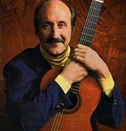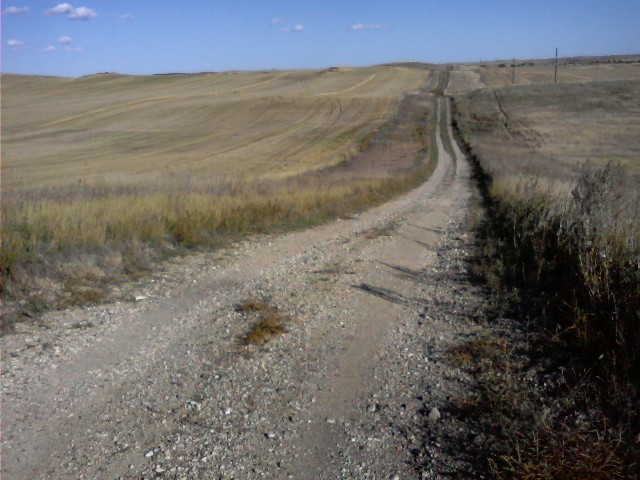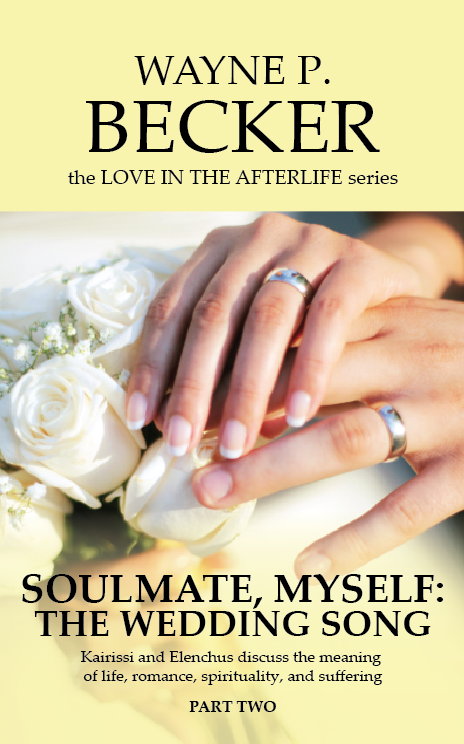|
home | what's new | other sites | contact | about |
||
|
Word Gems exploring self-realization, sacred personhood, and full humanity
Automatic Writing
Automatic writing, as the term suggests, is a process whereby handwritten messages are guided either by (1) the (higher) subconscious mind, the "higher self," or (2) an invisible Spirit-entity. The mediums involved in the Myers Cross-Correspondences received communications via automatic writing; so, too, the channeled writings of Charlotte Dresser. One of my favorite sources of afterlife information is the Rev. William Stainton Moses, a Christian minister and noted medium of the latter 1800s. His Spirit Teachings (free to read on the internet), a product of automatic writing, offers a wealth of wisdom from the other side. See the following excerpt: The true philanthropist, the man who has the benefit and progress of his fellows most at heart, is the true man, the true child of the Almighty Father, who is the great Philanthropist. The true philanthropist is he who grows likest God every hour. He is enlarging by constant exercise the sympathies which are eternal and undying, and in the perpetual exercise of which man finds increasing happiness. The philanthropist and the philosopher, the man who loves mankind, and the man who loves knowledge for its own sake, these are God's jewels of priceless value, and of boundless promise. The one, fettered by no restrictions of race or place, of creed or name, embraces in his loving heart the whole brotherhood of humanity. He loves them as friends, as brethren. He asks not what are their opinions, he only sees their wants, and in ministering to them progressive knowledge he is blest. This is the true philanthropist, though frequently the counterfeit, who loves those who think with him, and will help those who fawn on him, and give alms, so the generous deed be well known, robs the fair name of philanthropy of that all embracing beneficence which is the true mark. The other, the philosopher, hampered by no theories of what ought to be, and what therefore must be--bound by no subservience to sectarian opinion, to the dogmas of a special school, free from prejudice, receptive of truth, whatever that truth may be, so it be proven--he seeks into the mysteries of Divine wisdom, and, searching, finds his happiness. He need have no fear of exhausting the treasures, they are without end. His joy throughout life shall be to gather ever richer stores of knowledge, truer ideas of God. The union of those two--the philanthropist and the philosopher--makes the perfect man. Those who unite the two, progress further than spirits who progress alone.
channeled song lyrics Much could be said on this subject of automatic writing, and I would encourage your further investigation; however, I will briefly introduce its application to a most interesting area, that of song-writing:
“It seems to me that those songs that have been any good, I have nothing much to do with the writing of them. The words have just crawled down my sleeve and come out on the page.” Joan Baez
Joan’s comment here regarding “songs that have been any good” is the simplest test, I think, offering clues to the veridical nature of purported automatic writing: Is it any good? Are we inspired by the product? Do we sense a higher wisdom?
"The Wedding Song" One of the most remarkable examples of song-composition as automatic writing, I feel, concerns the origin of a famous song of history – The Wedding Song by Noel Paul Stookey (of "Peter, Paul, and Mary").
Consider this from songfacts.com: [The Wedding Song] was featured on Noel Paul Stookey's first solo album, which he'd recorded after Peter Paul & Mary disbanded in 1971. He wrote it for ex Peter Paul & Mary bandmate, Peter Yarrow's marriage to Marybeth McCarthy, the niece of senator and one-time presidential candidate Eugene McCarthy. Paul Stookey's name does not appear as the author, either on the record or the sheet music. Neither does he receive any of the royalties - because he says after he prayed he was "given" the song. All he was required to do was to "allow the pencil to move across the page." On his website, Stookey says, "Into every songwriter's life comes a song, the source of which cannot be explained by personal experience." The royalties of this song go directly to a trust fund called Public Domain and the monies are distributed to individuals and organizations throughout the world.
Sir William Barrett, “On The Threshold of the Unseen”: "We now come to another interesting point: if in automatic writing the hand of the automatist is controlled and guided by some discarnate spirit we should expect to find, and we do sometimes find, words written in a language unknown to the writer. Still more striking would be the evidence of super-normal guidance if very young children, as yet unable to write in their normal state, could occasionally have intelligible automatic writing coming through them. This, of course, involves the possession of psychic power by such children, and therefore the instances are likely to be rare. There is however some trustworthy evidence of this kind. Mr. Myers in Human Personality (Vol. II, p. 484 et seq.) gives a couple of cases which are well attested, wherein children, who had not been taught writing and could not write a word in their normal state, were found to write intelligible words automatically. One was a child nearly five years old who had not learned a single letter of her alphabet, the other a child just four years of age who had no knowledge whatever of writing. This latter case was investigated by Dr. Hodgson, who inspected the writings, and which were made with a pencil held between the middle fingers of the child's left hand. Mr. Myers adds: "I have seen a tracing of the last written phrase 'Your Aunt Emma.' It is a free scrawl, resembling the planchette writing of an adult rather than the first effort of a child." The child had an Aunt Emma who had died some years before, and the child herself died soon after this unexpected message had come through her hand. The parents it may be added were not spiritualists, and the mother testifies that their child “had not been taught the alphabet, nor how to hold a pencil." Barrett’s footnote: “My friend Mr. W. B. Yeats informs me that he has received, not through a professional medium, the most conclusive evidence of this. Words were given in various languages, e.g., Italian, Greek and Latin, known to the controls but utterly unknown to the medium.”
|
||
|
|


